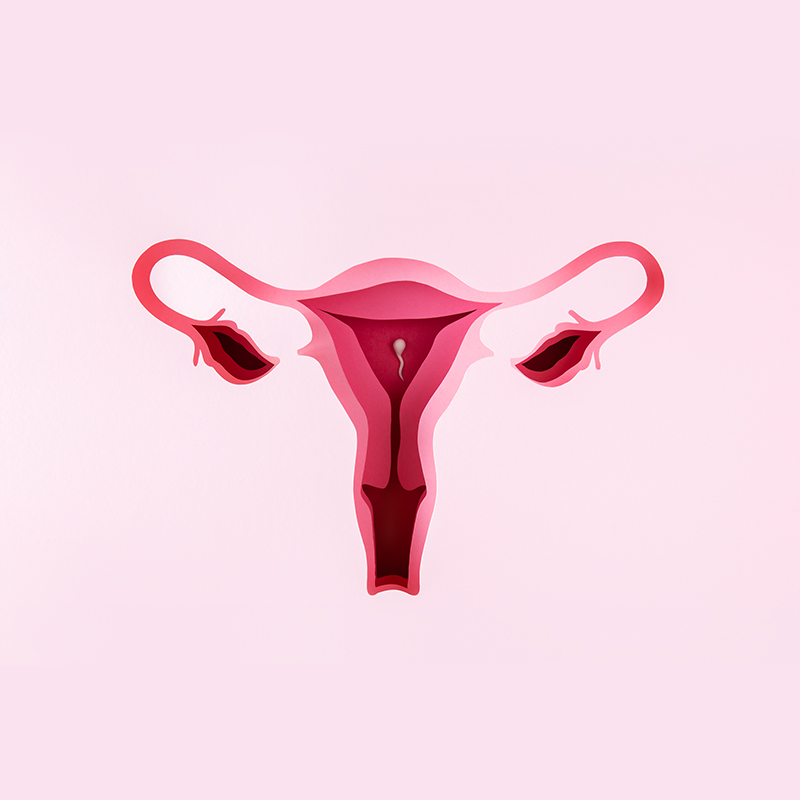What is Infertility?
Infertility is defined as the inability to conceive after one year of regular, unprotected intercourse. It can also refer to the inability to carry a pregnancy to term. This condition affects millions of couples worldwide, making it a significant concern for many.
What Causes Female Infertility?
Female infertility can result from various factors, including:
- Ovulation Disorders: Problems with the release of eggs from the ovaries.
- Tubal Infertility: Blocked or damaged fallopian tubes preventing the sperm from reaching the egg.
- Endometriosis: Tissue similar to the lining inside the uterus grows outside it, affecting fertility.
- Uterine or Cervical Abnormalities: Issues with the cervix or uterus structure.
- Primary Ovarian Insufficiency:Premature loss of normal ovarian function before age 40.
How is Infertility Diagnosed?
Diagnosing infertility involves several steps:
- Medical History and Physical Examination: Comprehensive evaluation by a fertility specialist.
- Ovulation Testing: Blood tests to check hormone levels that indicate ovulation.
- Hysterosalpingography: An X-ray to examine the uterus and fallopian tubes for blockages or abnormalities.
- Ovarian Reserve Testing: Assesses the quality and quantity of eggs.
- Imaging Tests:Ultrasounds and other imaging techniques to examine the reproductive organs.
- Laparoscopy:A minimally invasive surgical procedure to view the organs directly.
What are Risk Factors that Affect Female Fertility?
Several factors can impact a woman's fertility, including:
- Age: Fertility declines with age, especially after 35.
- Weight: Both underweight and overweight conditions can affect ovulation.
- Hormonal Imbalances: Conditions like thyroid disorders can impact fertility.
- Lifestyle Factors: Smoking, excessive alcohol consumption, and stress can reduce fertility.
- Medical Conditions:Polycystic ovary syndrome (PCOS), diabetes, and autoimmune diseases.
What are the Different Types of Fertility Treatments?
Various treatments can help address infertility, including:
- Medications:Fertility drugs to stimulate ovulation.
- Surgical Procedures: Correcting anatomical issues with the reproductive organs.
- Intrauterine Insemination (IUI): Placing sperm directly into the uterus around the time of ovulation.
- In Vitro Fertilization (IVF):Fertilizing eggs outside the body and implanting the embryo into the uterus.
- Assisted Reproductive Technologies (ART):Techniques like Intracytoplasmic Sperm Injection (ICSI) where a single sperm is injected into an egg.
- Lifestyle Modifications:Counseling on diet, exercise, and stress management to improve fertility.
At La Femme Fertility in Wakad, we provide comprehensive infertility services tailored to meet the unique needs of each patient. Our expert team is dedicated to supporting you on your journey to parenthood with compassionate care and advanced medical treatments.

